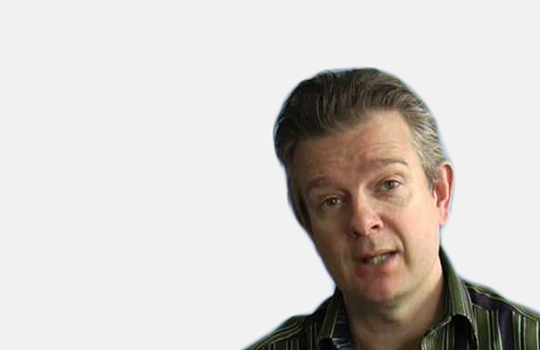![]() I’ve been doing some work recently with a GP trainer. I’m not a good judge of these things, but I would put him in his mid-fifties. He strikes me as the sort of committed, diligent, unassuming doctor who has helped form the backbone of post War British primary care. Committed to the NHS, possessed of a strong sense of social justice, he seems to combine intelligence, sensitivity, and a kind of wily strength or resilience.
I’ve been doing some work recently with a GP trainer. I’m not a good judge of these things, but I would put him in his mid-fifties. He strikes me as the sort of committed, diligent, unassuming doctor who has helped form the backbone of post War British primary care. Committed to the NHS, possessed of a strong sense of social justice, he seems to combine intelligence, sensitivity, and a kind of wily strength or resilience.
Maybe it is the atmosphere post Francis, but we got talking about changing expectations among doctors, about how different the professional lives of his trainees would be. We talked about the usual suspects: the European Working Time Directive and the reduced hours; the fading of the idea that doctors assume global personal responsibility for patients—from referral to discharge, from cradle to grave—the waning of a public service ideal. But then he said something that caught my attention: young doctors take more time off sick. I have no idea what the evidence base is for this change is (and although a recent report in the BMJ cites a very small increase in the rate of sickness amongst hospital doctors in 2011-12, rates of sickness were higher among consultants than doctors in training, and, overall, doctors had a significantly lower rate of sickness than any other group of staff in the NHS). As he said it though, it seemed to encapsulate, in extreme brevity, one view of the complex changes that have been taking place in our understanding of what it means to be a doctor.
On his own part, he had taken somewhere in the region of five sick days in his long working life—and a working life inevitably exposed to a great deal of sickness, some of it transmissible. When he said it, there was an unmistakeable flicker of pride. He had put the interests of others, both patients and hard-working colleagues, before his own. Civic-mindedness, public service, self-sacrifice: these were the unassuming gods of his professionalism. But he sensed that the expectations of many his trainees were different. They were less keen to “play hurt,” less willing to surrender their private interests for public goods, more alert to the need for balance between their personal and professional lives.
Although he sensed that his own version of professionalism was waning, and lamented its loss, I could tell he nonetheless had mixed feelings. After all, is it always a good thing to battle on through sickness? Patients get seen and colleagues are spared the burden—good things without doubt—but at what cost? Working sick can be a good way of sharing sickness around. And how well do we function when we are ill? What impact might it have on patient safety? And what of the cumulative impact on the doctors?
I spoke to my colleagues Mike Peters and Tom Rapanakis at Doctors for Doctors, the BMA’s counselling and advice service for doctors. Their feelings also seemed mixed. They agreed that doctors might certainly recover more quickly if they took time off, and “presenteeism,” (yes, it is a word, though an ungainly one, and it means, roughly, struggling on at work when you are too sick to be there) can undermine performance and affect morale. But against this had to be run the benefits of that strong sense of loyalty, of esprit de corps, that sense of “we’re all in this together,” that keeps doctors soldiering on. And who knows, as illness is the primary medical foe, perhaps there is the ghost of a feeling that giving into it oneself is simply bad form: too great a concession to the enemy?
Mike and Tom also expressed concerns about the impact of organisational pathologies on the health and wellbeing of doctors. Dysfunctional workplaces can undermine health and wellbeing, can sap morale, can give rise to corrosive feelings of powerlessness, making us wonder if we can actually change anything. And although the Francis report rightly focussed on the sufferings of patients, one also wonders what impact working in those failing wards must have had on staff—easy to imagine a spiral downward: powerlessness and poor morale further undermining standards already on the brink of collapse.
I remember a passage from Richard Mabey’s wonderful Nature Cure where he describes how naturalists, looking at small changes in microenvironments, slowly gathered evidence of climate change. That passing observation of my GP colleague struck me as something similar: micro-evidence of complex macro changes. There is of course a curse that attends those who would direct history: the curse of unintended consequences. Although there are those optimistic souls who believe that the contradictions of any given period will be successfully resolved in some final future synthesis, I am not of their number. It seems to me that at times we are ineluctably forced to trade one good for the sake of another. And perhaps this is what is happening with professionalism: the new demands of both patients and doctors mean that an old way of working—and an old understanding of what it means to be a professional—is giving way. And identifying the face of the new must surely be one of medicine’s biggest contemporary challenges.
Julian Sheather is ethics manager, BMA. The views he expresses in his blog posts are entirely his own.
